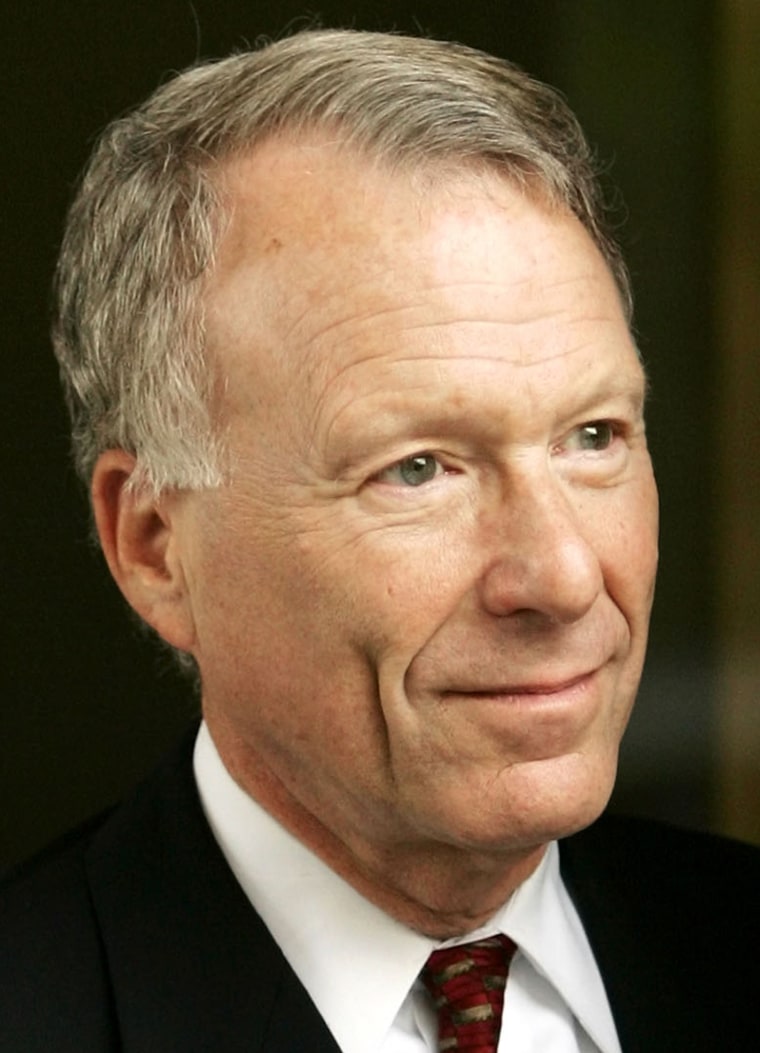A key defense witness - a proposed memory expert - in the CIA/Leak trial of I Lewis "Scooter" Libby, the former top aide to Vice President Cheney, will not be allowed to testify at the upcoming trial.
Judge Reggie Walton, in an opinion Thursday, wrote the testimony of memory export, Dr. Robert Bjork, chairman UCLA's psychology department, would be a "waste of time," and could mislead and confuse a jury.
Libby's attorneys had argued many potential jurors do not understand the limits of memory and Libby should be allowed to call an expert to make that clear to them.
Judge Walton disagreed, and wrote in his opinion, "the average juror may not understand the scientific basis and labels attached to causes for memory error" but jurors encounter the "frailties of memory" as a "commonplace matter of course" and do not need the guidance of a memory expert to use their "common sense" in the understanding of how memory works.
Libby lawyers have argued that a key to their defense is their client simply did not remember "snippets of conversations" with three reporters about how he learned or what he knew about CIA employee Valerie Plame. Libby's defense team has said the pressure of Libby's White House job, "could have easily caused him to confuse or misremember minor details of conversations about his former [Ambassador Joe Wilson's] wife and her job at the CIA - topics Libby did not consider significant at the time."
At a hearing last week, Libby's defense team brought out the first witness in their case, psychologist Elizabeth Loftus, a professor at the University of California at Irvine, who tried to persuade Judge Walton that a memory expert was essential in the Libby trial.
But after nearly three-hours of methodical cross-examination by Special Counsel Patrick Fitzgerald, Dr. Loftus found it difficult at times even to explain her own writings. Fitzgerald had her backing away from her earlier assertions on memory. And the Special Counsel got Loftus to acknowledge - after citing several of her publications and methodology - that some of her own research was not that scientific, and that her conclusions about memory were conflicting.
Fitzgerald - who read all of Loftus's books and research himself to prepare for the hearing - found a line in one of her books that raised doubts about her research. Loftus responded, saying. "I don't know how I let that line slip by."
The memory expert, citing from three decades of her own research, said, "I'd need to see that again," when Fitzgerald quoted a line in her book that overstated her findings by saying that "most jurors" consider memory to be the same as recording and playing a videotape.
The actual survey she conducted of Washington jurors found that assertion to be true only when those surveyed were told that they were dealing with traumatic events. Even in that case, only 46 percent of potential jurors thought memory could be similar to playing a videotape.
Fitzgerald also seemingly caught Loftus off guard. She had insisted that she had never met the Special Counsel before their meeting that morning at court. Fitzgerald reminded her that had in fact met before, when he cross-examined her several years ago when she was called to testify as an expert defense witness. Fitzgerald at the time was a prosecutor in the U.S. attorney's office in New York.
Judge Walton referenced Fitzgerald's "skillful cross-examination" of Dr. Loftus in his opinion, writing that it "demonstrated the fundamental impermanence of both short-term and long-term memory." Walton writing, "the jury, for themselves, can assess whether a witness's recollection of an earlier conversation is accurate."
Libby is charged with five felony counts of perjury, obstruction and making false statements to the FBI.
He is accused of lying about how he learned of Plame's CIA employment and what he told reporters about her when her husband, former U.S. Ambassador Joseph Wilson, was accusing the Bush administration of twisting prewar intelligence to help sell the public on waging war against Iraq.
Libby's trial is scheduled to begin in January 2007.
Joel Seidman is an NBC News producer based in Washington.
